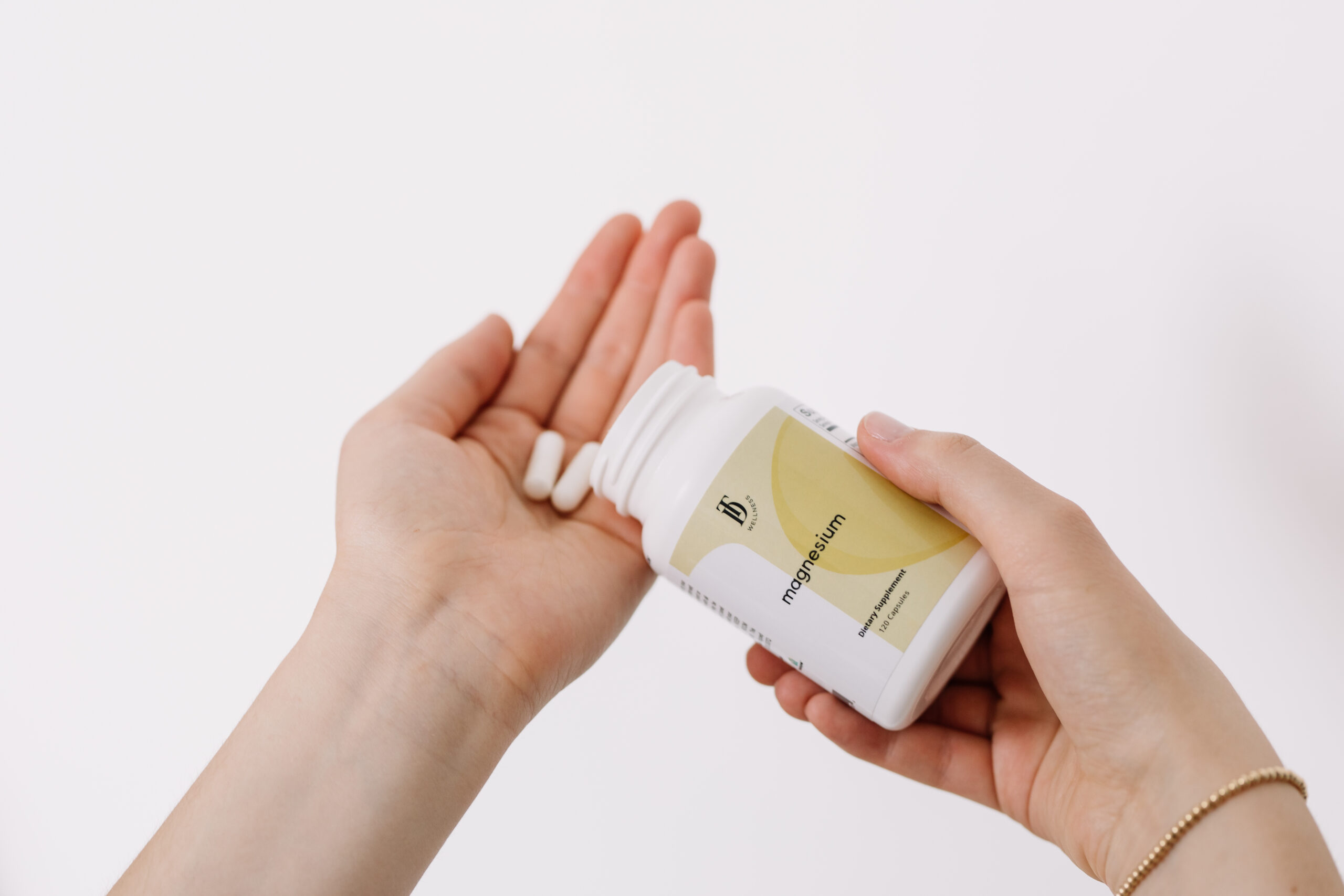7 Ways to Boost Your Immune System

How is your immune system holding up? When germs start going around, your best line of defense to stay healthy is enhancing your immune system.
Keep reading for several tips that can help boost your immune system to stand a better chance of fighting off illnesses. These are all things our family does and I swear has kept us healthy year-round!
How to Naturally Enhance Your Immune System
In today’s society, many people’s immune systems are functioning less than optimally. This is a consequence of poor diets, toxin exposure, high-stress levels, unhealthy lifestyle choices, etc. We need to get your immune system back on track so it can properly function and respond when you come into contact with any bugs or viruses. Remember we cannot control all variables, but even when we do get sick, we can decrease the severity and duration of symptoms. Here are some things you can prioritize now.
1. Eat A Healthy Diet
One of the most necessary changes you can make today is the kinds of foods you consume. You’ll want to avoid inflammatory foods, processed sugar, and exchange them for nutrient-dense foods like organic fruit, vegetables, and other whole foods.
Because up to 70% of our immune system is localized in our gut, it’s critical that you choose gut-supporting foods and take probiotics. This can also help heal and restore the gut if it’s been damaged from previous factors. Once the condition of your gut is optimized, your immune system can also be enhanced.
Gut-Supporting Foods:
-
Fermented Foods: Kimchi, Sauerkraut, kefir
-
Bone Broth
-
Apple Cider Vinegar
-
Onions
-
Garlic
-
Soluble Fiber Rich Foods
2. Get Restorative Sleep
The goal isn’t just to get “enough” sleep, but to get ample amounts of restorative sleep. Allowing your body to go through all the sleep cycles is imperative so that it can produce the needed proteins and cytokines to help fight any bad bugs. Sleep also plays a role in immunological memory, aiding in the formation of antigen-specific T cells.
If you’re struggling to fall asleep at night, my go trick is taking 2 magnesium about an hour before bed. I swear by it!
3. Manage Stress
Learning how to manage stress levels can be hugely beneficial to your immune system. When you experience stress (this could be from daily stressors like finances, worry about the virus, juggling working from home and watching the kids, etc.), it increases your cortisol levels. When cortisol levels are elevated, they can suppress your immune response. If you want to learn more about how stress can impact our bodies, check out this article I wrote on adrenal health.
Some great practices you can incorporate into your daily or weekly routine right now to help with stress include the following, and I have more tips on supporting your nervous system in this blog post.
-
Grounding
-
Taking time to relax
-
Meditation and prayer
-
Screen detox
-
Deep breathing techniques
-
Going for a walk
-
Spend time in nature
-
Epsom salt/Essential Oil Baths
4. Get Sunshine
Getting enough vitamin D is critical in maintaining good health. Vitamin D can regulate your innate and adaptive immune responses. If you have a deficiency in vitamin D, it could also increase autoimmunity rates and increase your susceptibility to infection. There are two ways our body can get vitamin D. One way is through your diet and supplements, and the other way is by sun exposure on your skin. It’s essential to use sun protection when you are outside for long periods of time, but you also want to ensure you’re allowing your skin to absorb some rays each day as well. Your primary care provider can test your levels to make sure they are optimal. If they are not optimal I recommend supplementing with Vitamin D3 and K2 to boost your levels.
5. Maintain Hydration
Staying hydrated, especially during these hot months, is going to be important in keeping your body clear of infections and unwanted toxins. Since our immune system is heavily influenced by our lymphatic system, it’s vital to stay hydrated as it keeps our lymphatic system running effectively. Your lymphatic system helps eliminate toxins and wastes and acts as an important process in immune response. When you become dehydrated, the lymphatic process slows down, hindering the amount of waste it can eliminate.
Keep in mind that you want to pick the right kinds of liquids to drink to stay hydrated. These electrolytes are my go-to’s. I drink 1 to 2 sticks every day. Avoid thirst-quenching drinks that are high in sugar, dyes or artificial sweeteners. Many people try to drink more orange juice to increase their vitamin c levels, but again, many brands in the grocery store are loaded with extra added sugar. High sugar intake can actually suppress your immune system, so be mindful of the ingredients! I recommend sticking to water or naturally flavored water you do yourself (adding cucumber and mint to water overnight), choosing green juices that are mostly vegetables with lower sugar content or electrolytes.
6. Incorporate Moderate Exercise
Moderate exercise can help increase a healthy immune response. One way exercise can do this is by circulating immune cells through the body more quickly, so they are better able to kill bacteria and viruses. These benefits last hours after exercise, so if you exercise regularly, your immune system is more likely to work more effectively. Be sure not to overdo your exercise regimen though. More is not always better. Long, intense workouts may actually decrease immune function up to 72 hours after the workout.
7. Consume Supplements To Boost Your Immune System
While all the above are highly recommended for immune health, taking supplements can be a great choice for making up for any nutrients or antioxidants that your body is missing. I highly recommend the following supplements as they have been shown to support the immune system.
Immune Supporting Supplements:
-
Vitamin C: This is a powerful antioxidant that contributes to immune defense by supporting various cellular functions.
-
Zinc: This can help the severity and duration of illness by aiding in boosting your immunity.
-
Lysine: Lysine can help enhance the levels of immune response molecules needed to fight infections and is a great antiviral.
-
Elderberry: This can be taken to prevent illness but also can be taken at the onset of symptoms to boost immune response
-
Vitamin D: Vitamin D3 may offer the best protection for immunity. Since many people are deficient in vitamin D, supplementation is usually recommended to optimize levels.
-
Viracid: This combination supplement contains Vitamin A, C, Zinc, Elderberry, Echinacea, Astragalus, and Andrographis. I like Immune Boost from Taylor Dukes Wellness.
What Do You Do When Sick?
This is one of my most frequently asked questions, and as a mama to two boys, I get it. It can also be daunting to scroll through Google, social media, or saved posts to figure out what to take for certain illnesses. This is why I created my Illness Guides for adults and kids, where I detail everything I do for the most common illnesses, including supplements, dosages, lifestyle factors, homeopathic remedies, favorite brands, and MORE! They seriously come in clutch when the stomach bug, flu, cough, nasal congestion, or anything else hit your household.
Share This Post:
Your Wellness Deep Dive
- Be the first to learn about new healthy living resources, blog posts, and exclusive TDW offerings by getting on my insider list.
- Find healthy living products with ingredients you can trust – the same ones I personally use for myself and my family – in the TDW Shop. Check out our protein powders, electrolytes, supplements, and more!
- Get personalized support through the TDW Community. When you become a member, you get access to functional medicine expertise from me and my team, functional medicine lab testing and 1:1 consults, a digital library of exclusive wellness content, live monthly Q&As with me, and so much more!
YOU MAY ALSO LIKE:
Helping you get your gut right, improve energy, boost immunity, balance hormones, sleep better and look + feel your best
DISCLAIMER
PRIVACY POLICY
TERMS + CONDITIONS
ACCESSIBILITY
© 2025 Taylor Dukes Wellness
LEARN
SHOP
ABOUT
TDW Community
Free Guides
Blog
TDW Store
Fullscript
About Taylor
Press
Contact
COOKIE POLICY
SITE CREDIT
Trusted Products



